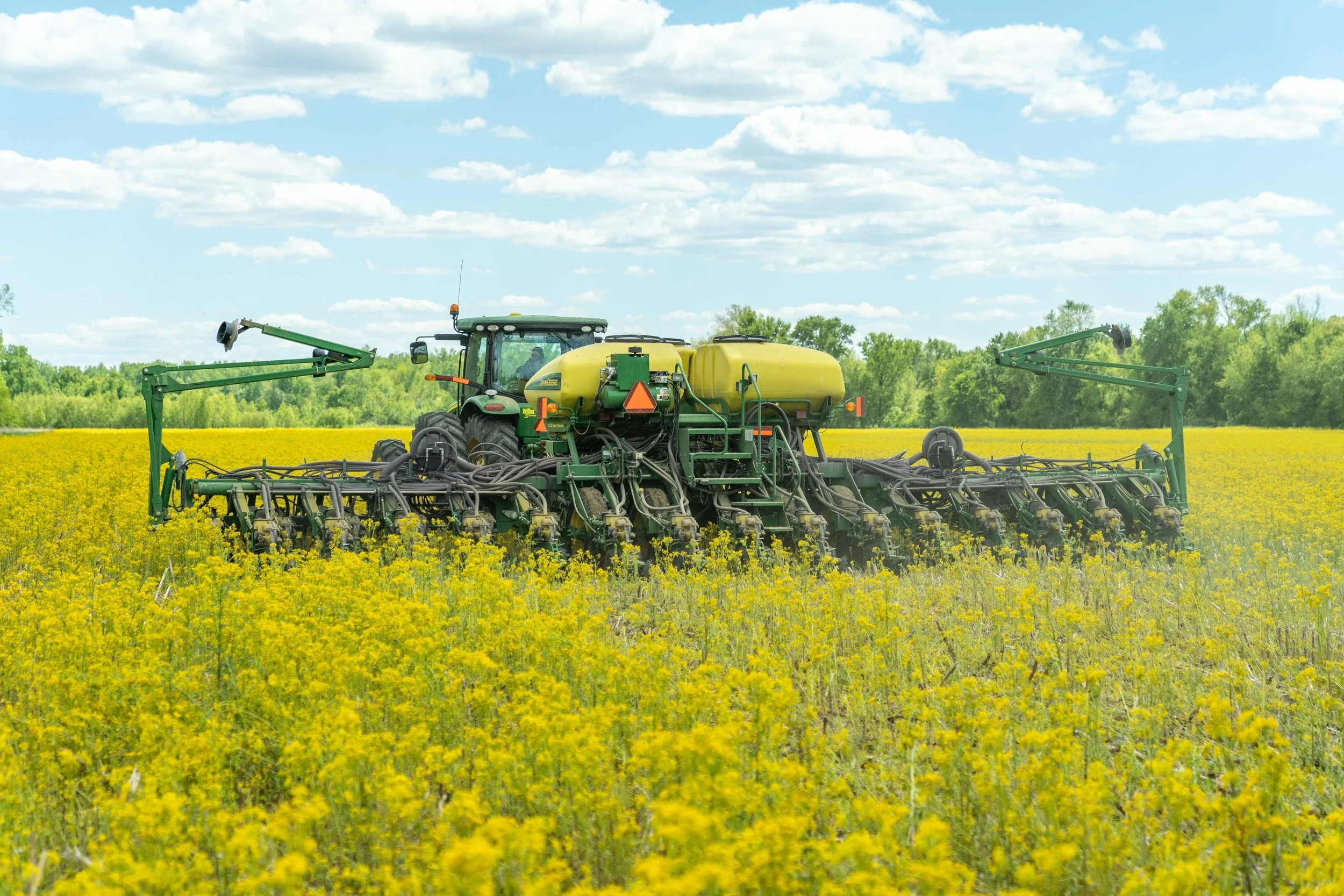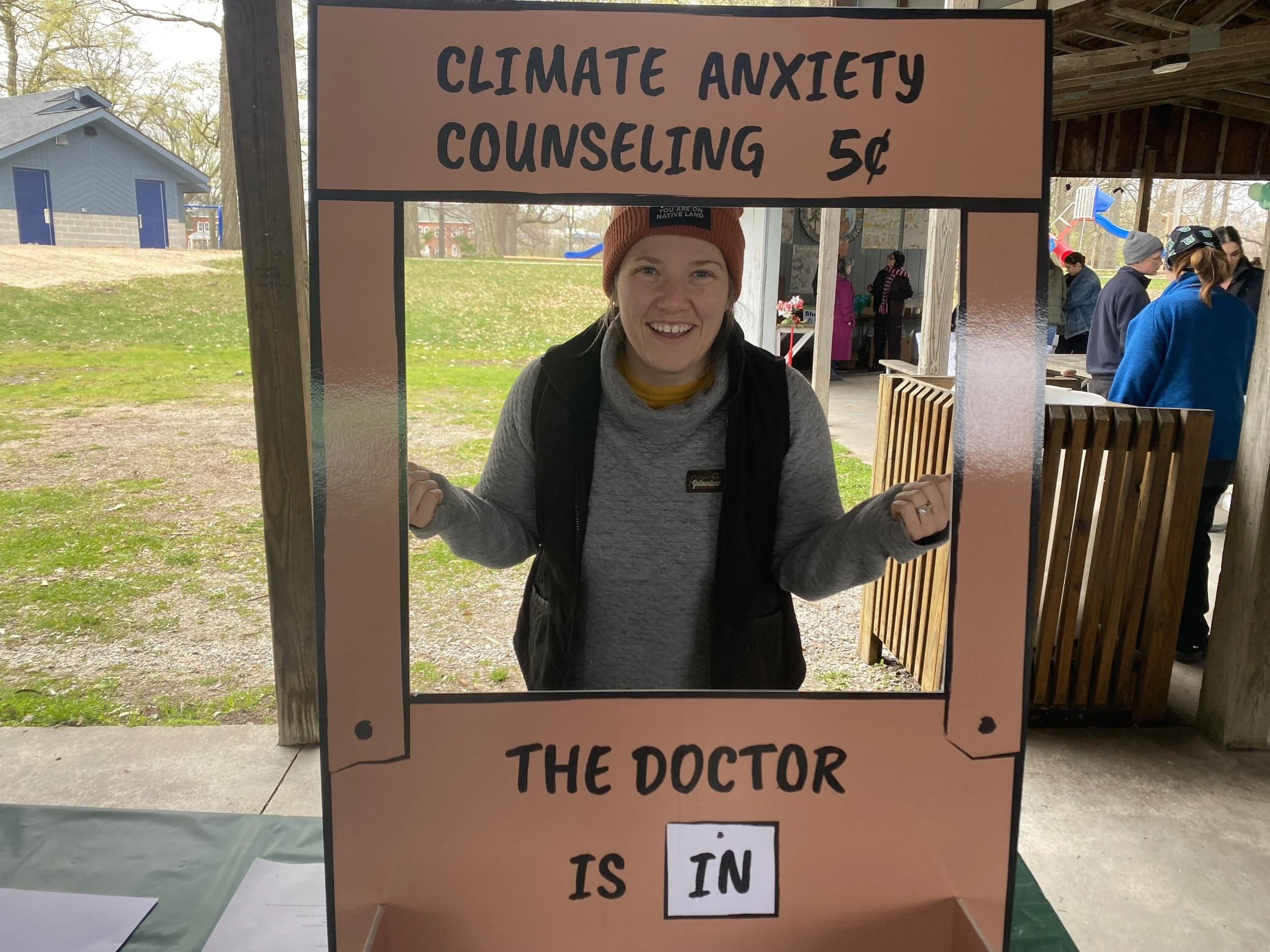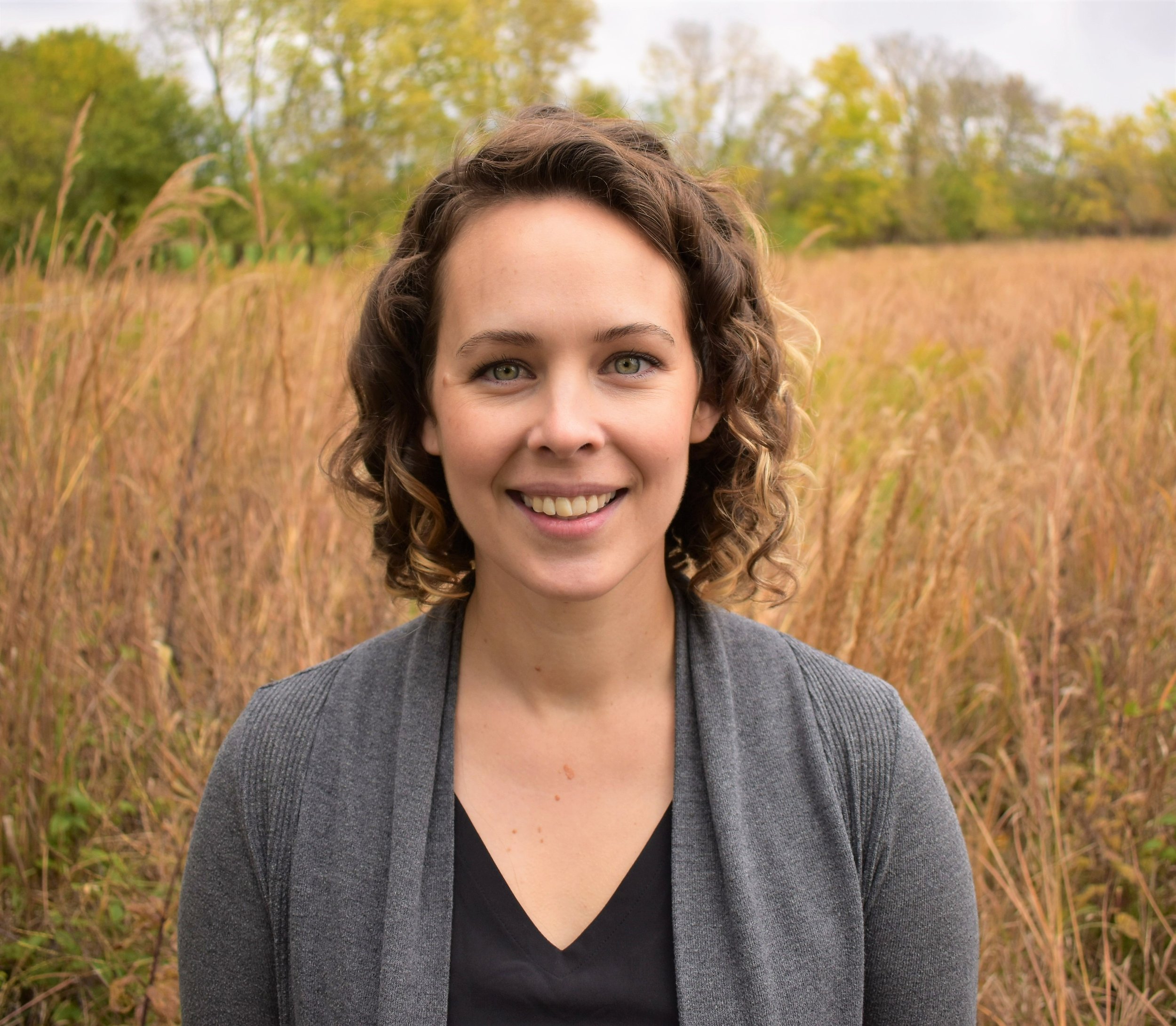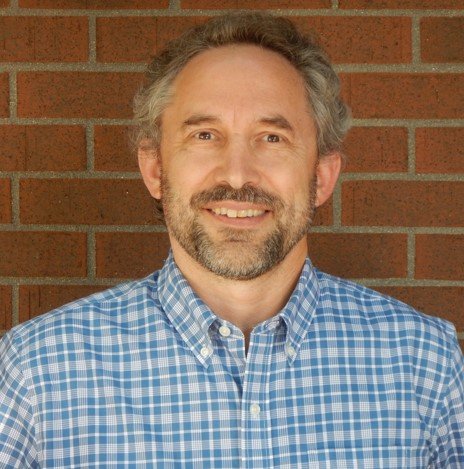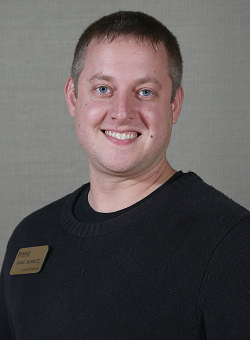A program for Midwest producers and advisors working with row crops.
The Midwest region is an important agricultural region in the United States, generating $55 billion in crop sales in 2019. However, extreme weather events including drought and flooding are negatively impacting agricultural production. This Climate Adaptation and Mitigation Fellowship cohort creates a community of row crop producers and advisors who are learning about climate change adaptation and mitigation together. States in the Midwest region include Michigan, Ohio, Wisconsin, Minnesota, Iowa, Missouri, Indiana, and Illinois. This program is for farmers growing corn, soy, and other grains, and for those advising farmers in this region.
Program Goals
Provide geographically specific climate change information relevant to diversified agriculture and agroforestry in the Northeastern United States
Empower row crop farmers and advisors to become climate leaders in their communities through peer-to-peer learning
Create opportunities for farmers to create farm-specific climate adaptation and mitigation plans with support
Strengthen agricultural advisor knowledge and abilities in climate adaptation and mitigation planning
Support development of outreach and education products that reach farmers and agricultural advisors beyond the program
What do Fellows in this program do?
Work in farmer/service provider pairs throughout fellowship
Receive online climate change training and resources from subject matter experts
Build a community of other row crop farmers and advisors who are concerned about and ready to address climate change.
Learn how to create a farm-specific climate adaptation and mitigation plans
Gain experience and confidence talking about climate change
Timeline
January - February 2024 | Participation in Online Opening Workshop
Spring 2024 - Fall 2025 | Ongoing Engagement and Development of Farm Climate Adaptation and/or Mitigation Plan
Fellows complete required activities (risk assessment, adaptation plan, economic analysis, outreach)
Fellows complete optional activities (supplementary trainings, on farm demonstrations, trials, installations)
Education team check-ins with fellows
Fellows submit final reports
April 2025 | Program paused pending funding

